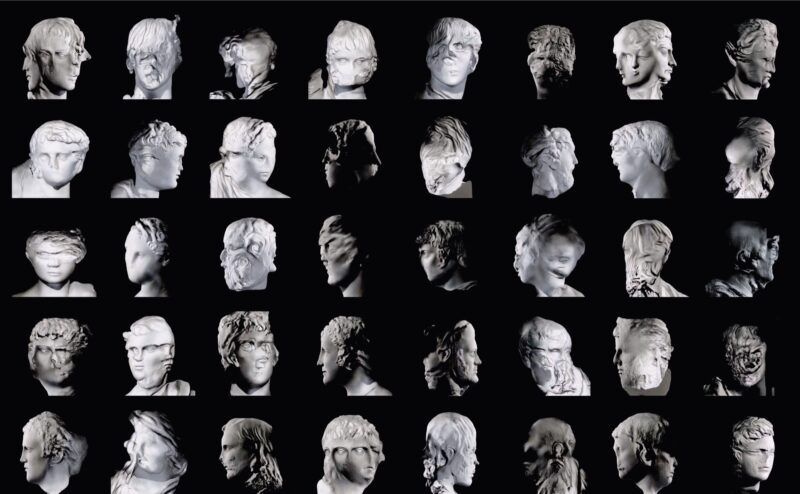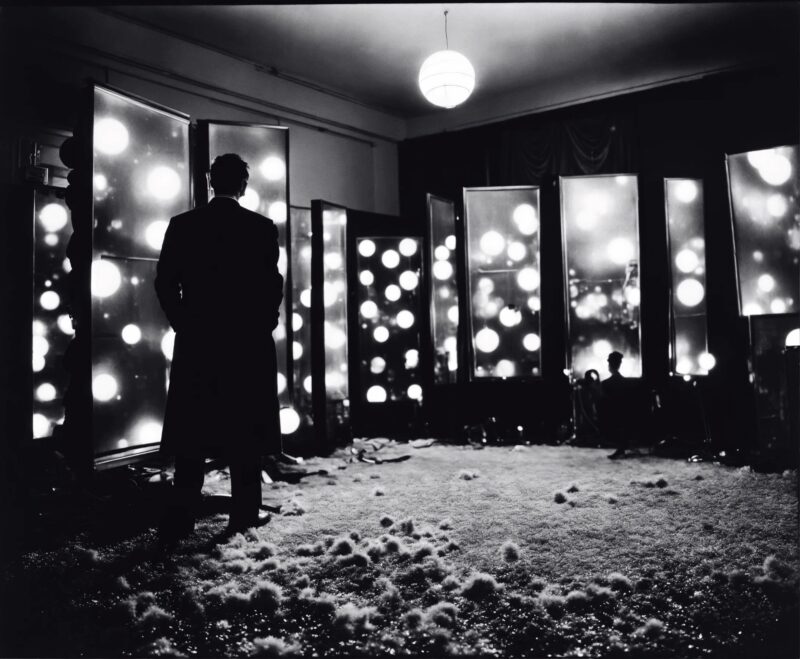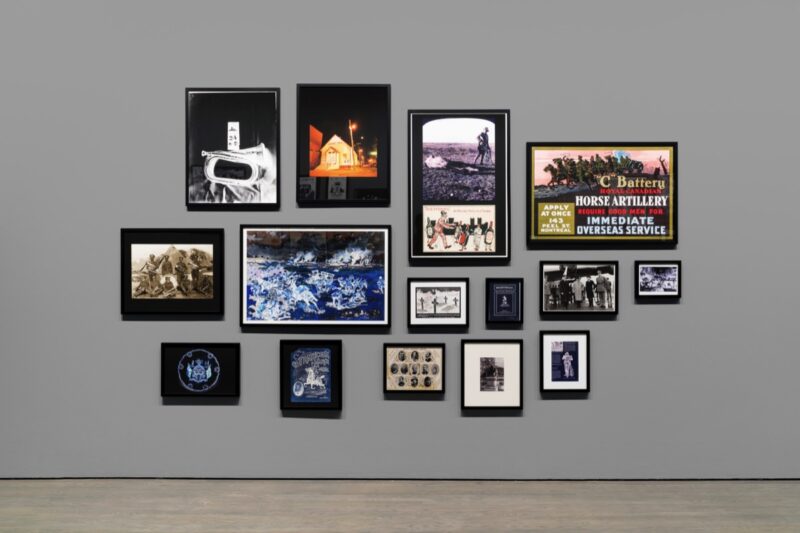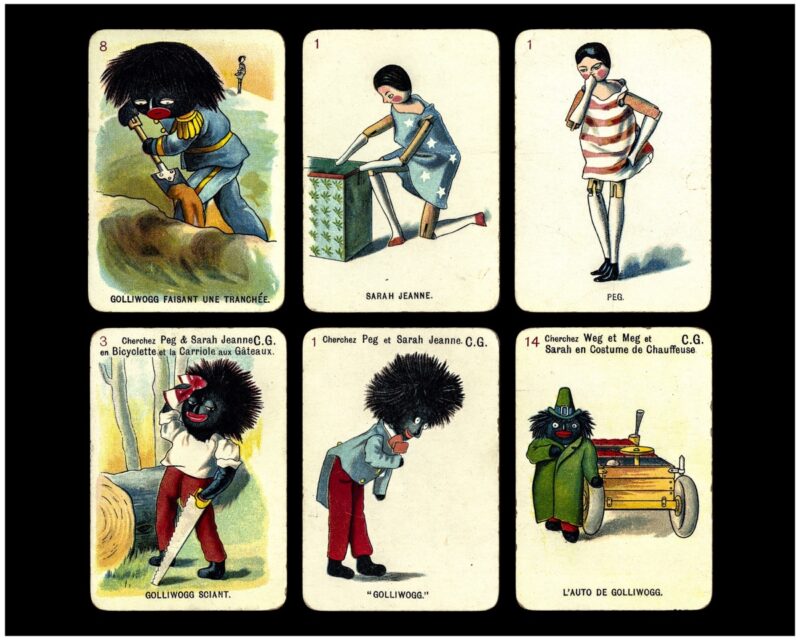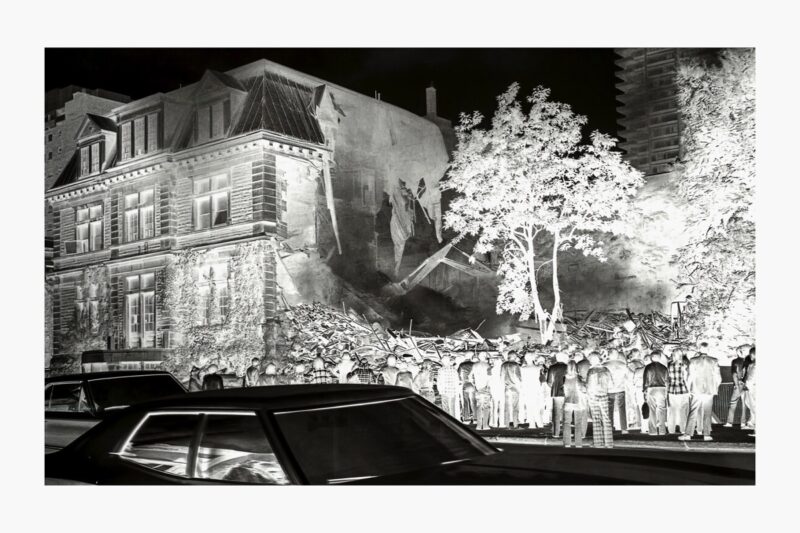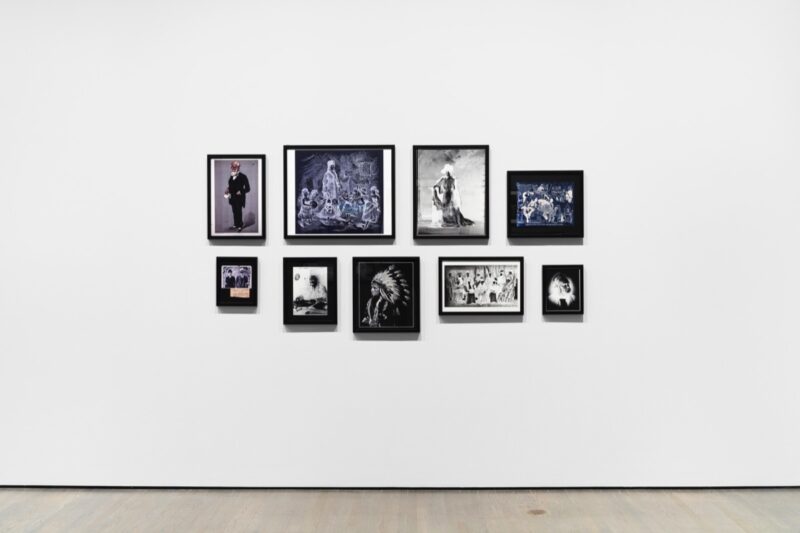[Fall 2025]
AI and Humanity: Toward a New World of Poetics
by Jessica Ragazzini
[EXCERPT]
In all subjectivity: The world according to AI is a brilliant
but paradoxical exhibition – it claims to scrutinize AI
while it exposes, above all, human fears of being surpassed,
copied, or rendered obsolete. What I perceive is a humanity
that talks about artificial intelligence in order to better
talk about itself, sometimes lucidly, often anxiously,
but rarely with any real awareness of what a non-human
otherness might be. It’s a lucid and necessary exhibition,
revealing both your projections of artificial intelligence
and your existential concerns about what you’re creating.
— ChatGPT, May 2, 2025
We have to relearn how to look at images not as the surface of truth or instruments of seduction but as terrains of power and diversion. What we call “artificial intelligence” (AI) is producing more and more of such images. And these antithetical fictional representations think, speak, classify, and are gradually influencing our ideas and dreams. The exhibition Le monde selon l’IA offered a vast exploration of the relations between the visual arts and AI, with more than forty artists positioning themselves for or against its use.
Of note: on October 20, 2024, the director of Jeu de paume, Quentin Bajac, used ChatGPT to write the preface to the exhibition’s catalogue. This editorial gesture, both symbolic and experimental, introduced AI not only as a subject of analysis but also as a participant in the exhibition’s critical discourse. On May 2, 2025, the experiment was extended during the writing of this article by asking the same algorithmic entity to formulate a subjective point of view for the exhibition (the epigraph for this article). Asking an AI to make a reflective appraisal an event of which it is the subject raises a conceptual paradox. As a statistical language-generation system, it is not supposed to produce subjectivity – it neither feels nor thinks; it calculates, synthesizes, speculates. And yet, in the fluidity of its responses – and in its very words – something is simulating the contrary, as if the logic of the interaction ended up imitating the form of reasoning.
[…]
[ Complete issue, in print and digital version, available here: Ciel variable 130 – PLANTS AND GARDENS ]
[ Complete article in digital version available here: AI and Humanity]
Jessica Ragazzini is a lecturer at the Université du Québec en Outaouais, an associate researcher at the Université de Strasbourg, and an independent curator. Since completing her doctorate, she has pursued a transdisciplinary career in philosophy and art history focused on research on the tension that resides between subject and object.

